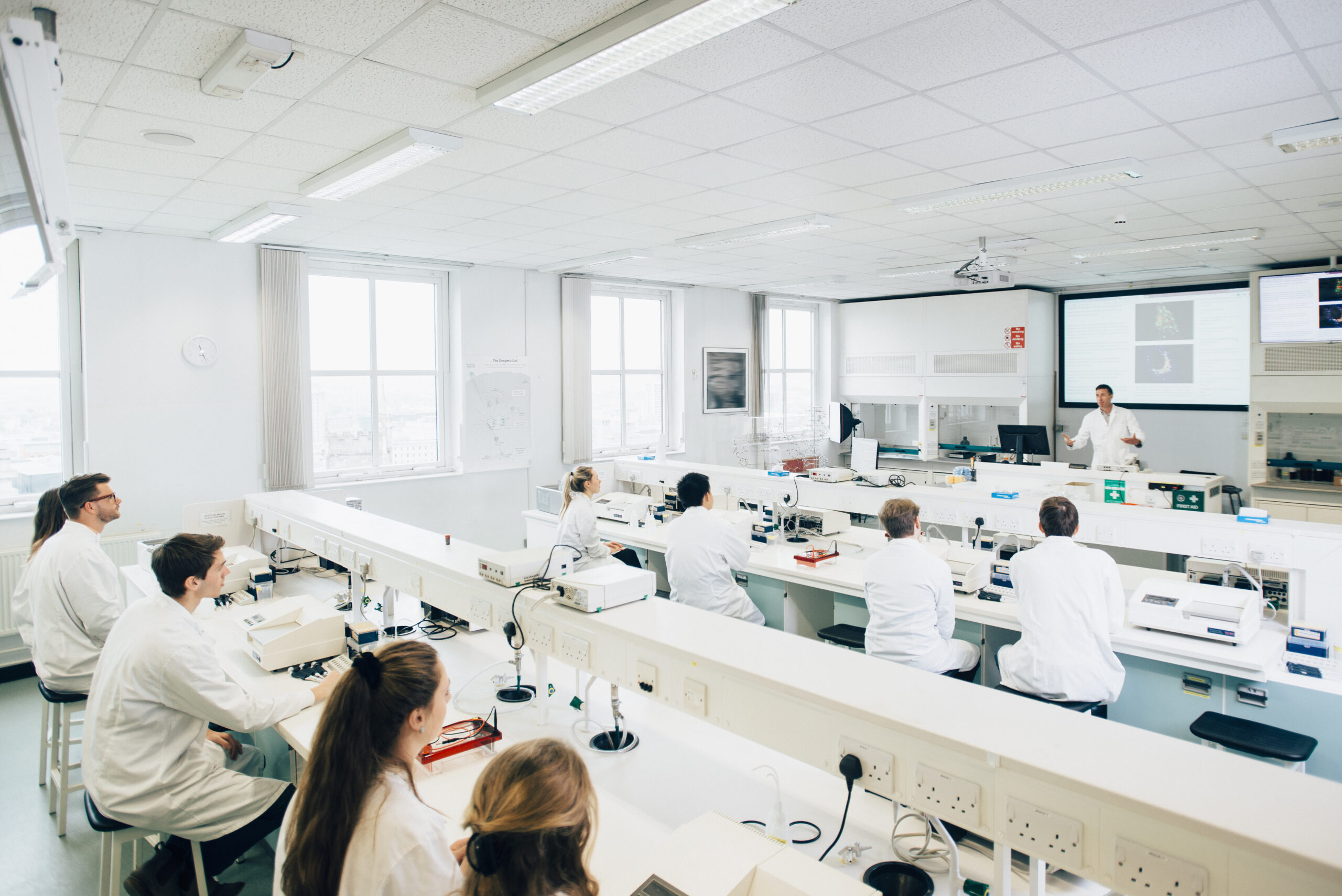Specialized Courses
Our specialized courses are designed to provide comprehensive, hands-on training in key areas of dermatology. We provide a wide range of specialized courses, for example; the Cosmetic Dermatology course focuses on advanced aesthetic treatments, including Botox, fillers, and laser therapies, enabling participants to master the latest techniques in skin rejuvenation. The Advanced Skin Disease Management course delves into diagnosing and treating complex dermatologic conditions, ensuring healthcare professionals can tackle challenging cases effectively. The Dermatologic Surgery course offers in-depth surgical training for both medical and cosmetic applications, providing participants with practical skills that meet the highest industry standards. These courses are led by experienced trainers and supported by cutting-edge resources, ensuring participants gain both theoretical and practical expertise. Each course is supplemented by real-world case studies and simulation-based learning, bridging the gap between theory and practice.
”ADAM Academy’s specialized courses are meticulously designed to address the diverse learning needs of dermatology professionals.“
Each course combines theoretical knowledge with practical applications, offering participants the opportunity to master essential skills in key areas.

These courses are led by distinguished experts in the field and incorporate state-of-the-art tools, real-world case studies, and interactive learning methodologies to ensure a comprehensive and impactful educational experience.
Types of Courses [examples]
- Cosmetic Dermatology: Techniques and technologies in aesthetic treatments, including Botox, fillers, and laser therapy.
- Advanced Skin Disease Management: Diagnosis and treatment strategies for complex dermatologic conditions.
- Dermatologic Surgery: Hands-on training in surgical procedures for skin-related medical and cosmetic issues.


Learning Methodology
The latest learning methodologies have transformed education and professional development, emphasizing a blend of technology-driven and experiential approaches. Simulation-based learning, for instance, allows practitioners to practice complex procedures in a risk-free environment using virtual reality (VR) and augmented reality (AR) tools. Problem-based learning (PBL) encourages critical thinking and collaborative problem-solving through real-world clinical scenarios.
Additionally, flipped classrooms and e-learning platforms provide learners with flexibility, enabling them to access theoretical content online and dedicate in-person sessions to practical applications and interactive discussions. These methodologies not only enhance knowledge retention but also prepare medical professionals to adapt swiftly to evolving advancements in healthcare.

![ADAM_Logo-15[1]](https://adam-academy.com/wp-content/uploads/2024/03/ADAM_Logo-151.png)
![ADAM_Logo-13[1]](https://adam-academy.com/wp-content/uploads/2024/03/ADAM_Logo-131.png)
![ADAM_Logo-13[1]](https://adam-academy.com/wp-content/uploads/2024/03/cropped-ADAM_Logo-131.png)

